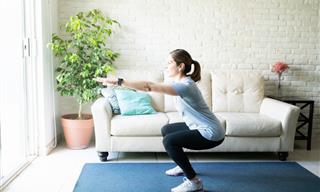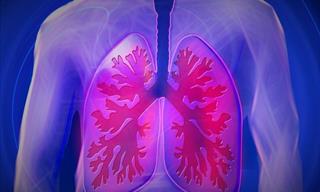Many were alarmed when a study of an air-conditioned restaurant in Guangzhou, China, found that airflow coming out of the AC corresponded to the numerous infections of people who sat near it. Approximately 10 individuals from separate groups dining in the restaurant got sick. Since the pandemic is still very much around we continue staying indoors more than we normally would, and with summer at its height, many are spending more time in air-conditioned spaces.
As with any new phase, questions are raised on how air conditioning could affect the spread of the novel coronavirus. Does AC increase the risk? Is it actually preferable to spend time outside to lower the chances of infection? This article details what is known about the effects of air-conditioning, the risk of getting infected inside compared to outside, and how to manage that risk to the best extent.
Indoors vs Outdoors
Based on what is known about the way the virus spreads and the recent discovery that it is airborne, the risk of contracting the virus is remarkably lower when you’re outside, where there is natural airflow and more space to separate from others.
Some evidence suggests sunlight may also be useful, but more research needs to be done. A study in The Journal of Infectious Diseases also showed that 90% of coronavirus particles were deactivated within 10 minutes when exposed to UV rays from sunlight, according to reports from Huffington Post (this isn’t to be confused with the temperature or warmth of the sun, which was found to have no effect according to the WHO).
Health experts recommend that people spend time outdoors whenever possible, as it can improve physical and mental health during these difficult times. As long as you refrain from group activities, crowded areas and abide by all the safety measures, spending time outdoors could benefit you greatly. To learn more about the risk factors of different activities check out this video we previously shared, where experts weigh in on the topic.
The relation between air conditioning and infection rate
The circulation of the virus indoors typically happens if you’re in range of the respiratory droplets a person expels into the air when they sneeze, cough, or even just talk. Because these droplets are ‘heavy’, they can float in the air for up to a few feet before they fall onto the ground.

When air conditioning is working, it literally moves air currents around the room, and potentially spreads the droplets further, whether it’s an air conditioning system, forced heating, or a fan, as explained by Waleed Javaid, MD, Associate Professor of Medicine at the Icahn School of Medicine at Mount Sinai in New York City.
It has been pointed out that Southern states like Texas, Florida, and Arizona, where temperatures are higher and air conditioners are in frequent use, scientists have seen dramatic spikes in infections in the summer. “The states that, in June, are already using a lot of air conditioning because of high temperatures are also the places where there have been greater increases in the spread of COVID-19, suggesting more time indoors as temperatures rise,” said Edward Nardell, a professor of environmental health and of immunology and infectious diseases, in a piece for the Harvard Gazette. However, it is also important to note that there are other variables at play here, like the widespread resistance to mask-wearing in those states.
Related: COVID-19: Handy Map Helps Assess the Risks in Your Area
How to Stay Cool and Safe Indoors
Bearing the aforementioned findings in mind, evidence on coronavirus transmission through AC is still mixed, and experts stress that they shouldn’t cause panic. According to infectious disease professionals, if COVID-19 was more airborne, we’d likely see higher rates of infection than we already do.

Most importantly, there are safety measures you can take to lower your risk of catching the virus indoors.
1. Keep the windows, blinds, and shades open to flush out virus particles and ensure airflow.
2. Make sure the air filter in your air-cooling unit is replaced according to the filter instructions. Some filters are designed to remove particles such as respiratory droplets according to Mount Sinai.
These tips are, of course, on top of the rest of the guidelines, like washing your hands and disinfecting all high-touch surfaces. Taking care of yourself is the best way to control the spread and keeping your loved ones safe.
If you found this article helpful, share it with your family and friends
 Go to BabaMail
Go to BabaMail



























